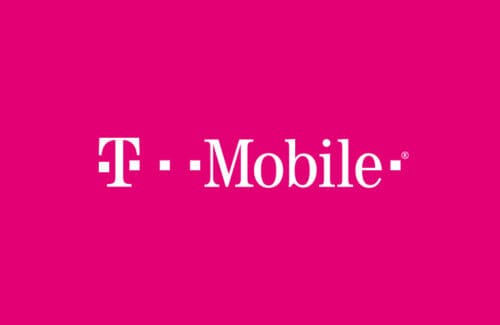Data roaming should not be a controversial subject. Customers expect they can access the data features and functions of their mobile devices at home and on the road. Even the customers of the largest wireless carriers, AT&T and Verizon, need to roam on other carriers’ networks when they travel into a network coverage gap or a hard-to-build area served by another wireless carrier. But, scale makes a difference in the wireless industry. After years of stockpiling spectrum licenses, gobbling up smaller carriers and expanding their networks, AT&T and Verizon don’t need roaming as much as the rest of us. And it shows. The rates they charge and conditions they impose are designed to cripple competition, not facilitate roaming. Indeed, at the same time AT&T urges the FCC to just “let the marketplace work,” the data roaming rates it charges T-Mobile are 150 percent higher than the average rate T-Mobile pays for data roaming across all other partners. And, incredibly, this rate is one thousand percent higher than the data roaming rate negotiated between Leap Wireless and MetroPCS when they were each stand-alone companies.
The FCC recognized the growing disparity in bargaining power in 2011, and ordered that data roaming must occur on “commercially reasonable” terms and conditions. Unfortunately, “commercially reasonable” means different things to different carriers, and to AT&T and Verizon it means charging whatever they want. By imposing unreasonably high roaming rates, T-Mobile and other competitors of the ‘Big Two’ are forced to restrict their customers’ data usage while roaming.
Several months ago, T-Mobile asked the FCC to give additional guidance on the “commercially reasonable” standard in its 2011 order, and recently added additional thoughts. Specifically, T-Mobile urged the FCC to adopt four benchmarks under which proposed roaming rates would be compared to retail prices, rates for foreign carriers, prices charged to Mobile Virtual Network Operator (MVNO) customers, and other competitively negotiated wholesale roaming rates. The FCC should issue this modest guidance to help the data roaming marketplace function for all carriers and their customers and to assist the parties in reaching reasonable roaming agreements.
Except for AT&T and Verizon, of course, virtually every party weighing in at the FCC supports T-Mobile’s proposed benchmarks, as well as the other necessary minor clarifications. Consumers should not have to forgo T-Mobile’s “Un-carrier” benefits simply because they work in or travel through coverage gaps or hard-to-build areas. Nor should local and regional carriers be unable to attract customers who aren’t content to stay always within their home markets.
Roaming has always been an important part of the wireless ecosystem, but today, it is more crucial than ever as consumers everywhere demand high-speed, high-capacity mobile broadband services. We say we want robust wireless competition. We say we want broadband service in all corners of the country. We say we want to be the number one wireless nation in the world. Well, ensuring that data roaming is actually provided on commercially reasonable rates, terms, and conditions is a critical step toward achieving that vision.





